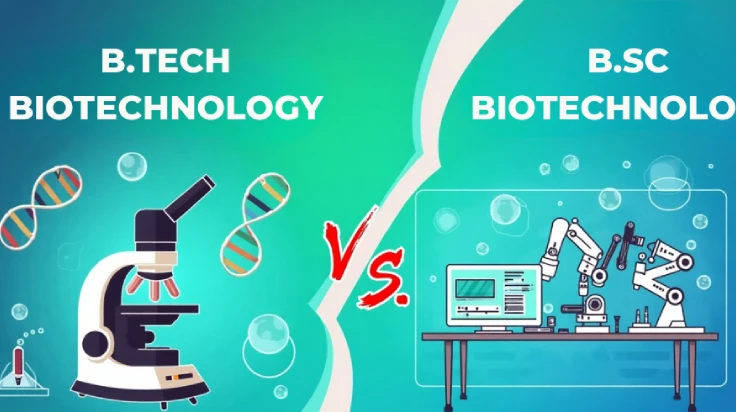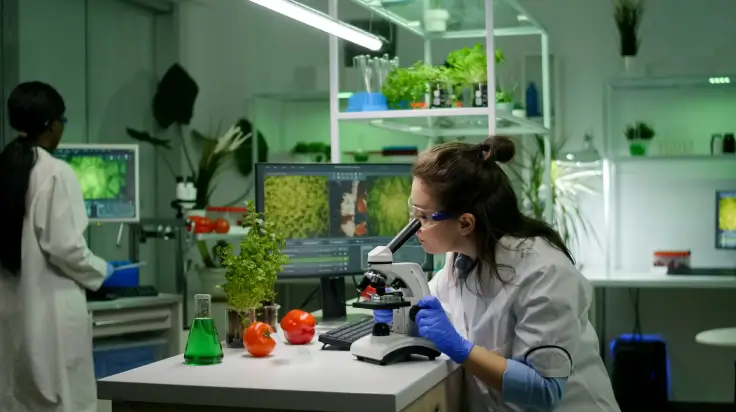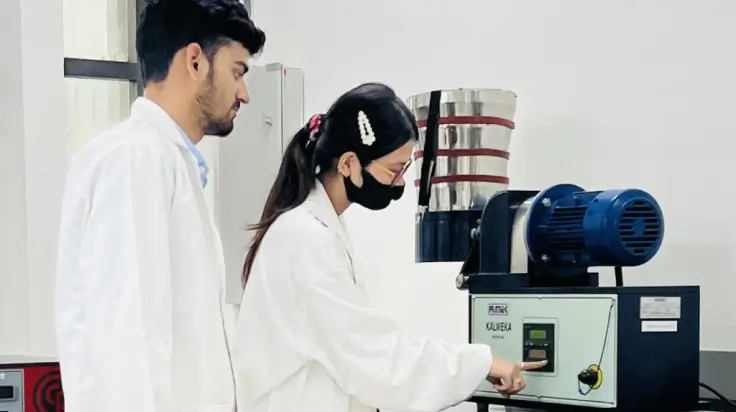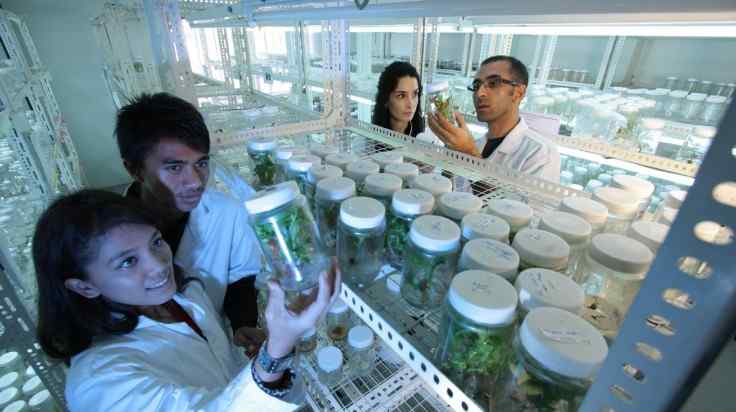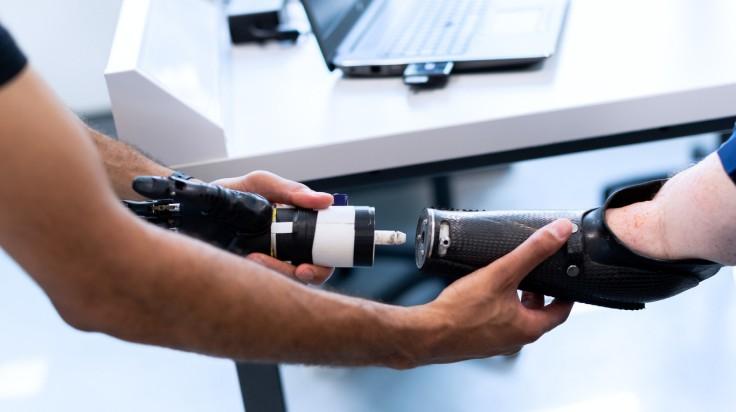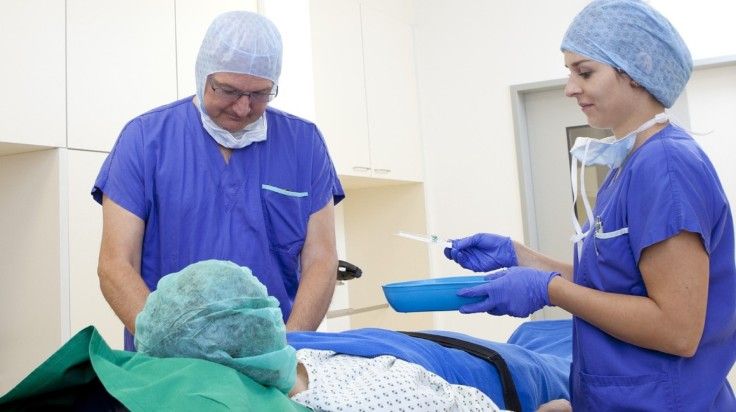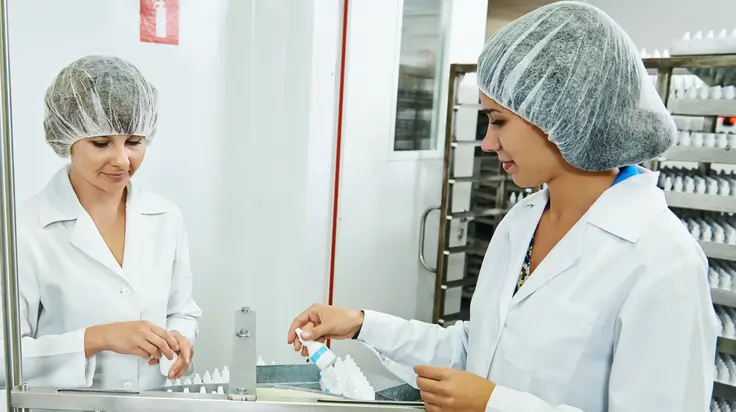5 career options to consider with a degree in M.Sc Biochemistry
- By a Correspondent
- Published 15/03/2021
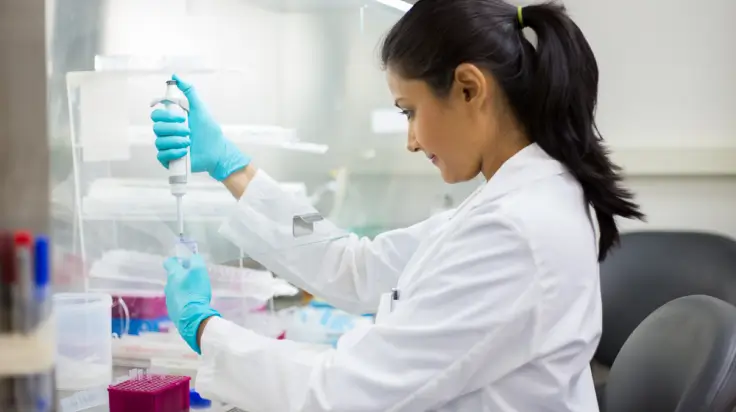
Biochemistry has been the key to decoding our DNA, genes and finding cures for diseases. It’s a field with limitless opportunities
As the name itself suggests, biochemistry is the amalgamation of biology and chemistry. It’s the branch of science that combines chemical processes and biological methods to study life at its molecular level within plants, animals, and microorganisms.
Though a relatively new branch of science with the term being coined in the early 20th century, over the years, biochemistry has become an essential field of science with applications in the areas of medicine, agriculture, pharmacy, and nutrition. In the field of medicine, biochemistry is used to decode our genetic build. But most importantly, it is used to research, experiment, conduct trials, and find a cure for myriad diseases. Today, without biochemists, the creation of vaccines for COVID-19 would not have been possible. Agriculture is another domain where biochemistry is helping in the prevention and treatment of diseases while also looking at ways to increase crop yield. In nutrition, biochemistry helps evaluate the nutrient value of food material and study the role of nutrients like minerals, proteins, carbohydrates, fats, and vitamins in promoting health. In pharmacy, biochemical testing provides indispensable insights into a drug’s mode of action, half-life, storage conditions, metabolism, and potentially toxic or adverse effects.
Today, skilled biochemists are sought after by both private and public companies, research institutions, hospitals, pharmaceutical companies, educations institutes, and government agencies. After getting your Master’s degree, you can choose from a variety of career options.
Biochemist: As a biochemist, you can work in biochemistry labs to develop products and processes to improve the quality of life. You can work across industries including food, medicine, agriculture, pharmaceutical, cosmetics, and many more. Biochemists work alongside chemists, physicists, healthcare professionals, engineers, and policymakers, to name a few. So if you are interested in drug development or vaccines, you can become a biochemist in a pharmaceutical company. If the environment is the area where you want to use your skills and knowledge, you can join environmental biochemistry organisations.
Research Scientist: After completing your post-graduate degree, you can become a research scientist in the industry of your choosing. As a research scientist, you will be planning and executing experiments, writing research papers, collecting samples and conducting surveys, recording and analysing data, among other things. Today, many public and private organizations are willing to fund research projects in the field of biochemistry.
Clinical Biochemist: As a clinical biochemist, you will work in hospital labs to analyse patient samples and help medical staff diagnose illnesses. Clinical biochemists usually work as part of a hospital team and are responsible for investigating and analysing patient samples.
Teaching: If you are interested in the field of education, you can take up teaching in schools. But if you want to teach in colleges, you may need a Ph.D. However, you can check universities for teaching jobs in this field.
Higher studies: Getting a Ph.D. in Biochemistry can be another option once finishing your Master’s. A Ph.D. will give you a deeper understanding of the subject and may open up newer career opportunities, especially in the academic field.
Completing your Master’s in Biochemistry will equip you with the required theoretical and technical skills to chart an exciting career in the field. At UPES, the Master’s Degree in Biochemistry provides multidisciplinary training with a research-focus approach and project-based learning environment. It encourages the students to develop critical thinking and equips them to perform in a cross-functional environment.
Biochemistry is gradually becoming a powerful tool for bringing sustainable change and applied to address a variety of challenges in our society. It’s a space where you can make impactful changes while also building a successful career. The choices and opportunities are limitless, so seize the right one and make a difference.
By a Correspondent
The writer is a correspondent from the UPES editorial team
Tags
- M.Sc Biochemistry
- upes school of health sciences
UPES Admission Enquiry
Subscribe to UPES Blogs
Join our community for exclusive stories, insights, and updates
By clicking the "Subscribe" button, I agree and accept the privacy policy of UPES.










